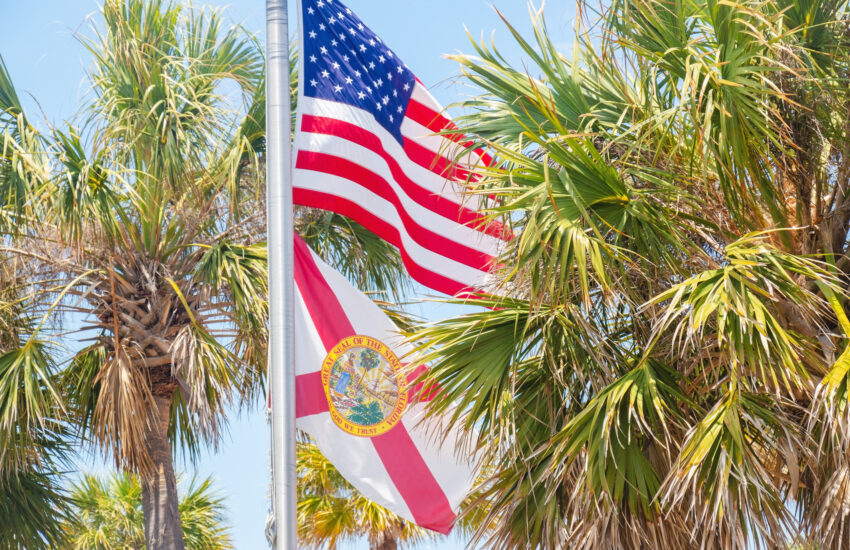U.S. District Judge Kathleen Williams on Aug. 7 issued a temporary restraining order to pause construction on the controversial detention center known as “Alligator Alcatraz” for two weeks pending argument on the underlying preliminary injunction action.
Plaintiffs – which include the environmental non-profit groups, Friends of the Everglades, Inc. and the Center for Biological Diversity – filed suit on June 27 in the Southern District of Florida against various officials with the U.S. Department of Homeland Security, U.S. Immigration and Customs Enforcement, and Miami-Dade Florida officials, seeking injunctive and declaratory relief to halt construction of the facility under the National Environmental Policy Act (NEPA).
Plaintiffs allege the defendants have violated the procedural requirements of NEPA, which include consulting with the appropriate federal or local agency to assess the environmental impact of the facility and that a detailed Environmental Impact Statement (EIS) must be prepared.
Alligator Alcatraz itself is located at the Dade-Collier Training and Transition Airport, a pilot training facility that is within the Greater Everglades, the Big Cypress National Preserve and Big Cypress Area. Construction of the facility in the preserve, plaintiffs argue, will impact wetlands, surrounding wildlife habitat, the water supply and several protected species, including the Florida bonneted bat and panther. Plaintiffs point out the “clear environmental impacts” that the construction of the facility pose, such as alterations to the terrain, the use of diesel power generators, and construction of sanitation systems.
Defendants argue that NEPA does not apply, stating that NEPA is not triggered as the federal government has not identified what funds it will use to reimburse Florida, characterizing statements made by various officials about the use of FEMA funds as suggestions that FEMA funds might be used to reimburse Florida. Thus, defendants argue that plaintiffs’ claims as to federal funding are “unripe.” Defendants further argue that even if FEMA funds are used, FEMA’s work is exempt from NEPA requirements under the Stafford Act.
This latest ligation comes after a flurry of major activity concerning NEPA, which remains a hot button issue as covered extensively in this blog. This activity has included the Supreme Court decision in Seven Cnt. Infrastructure Coal v. Eagle County, which limited the scope of EIS under NEPA, the decision by several federal agencies to revoke their regulations regarding their review of NEPA project, and a recent decision by the Eighth Circuit Court of Appeals which reinstated some NEPA regulations under the previous administration.

